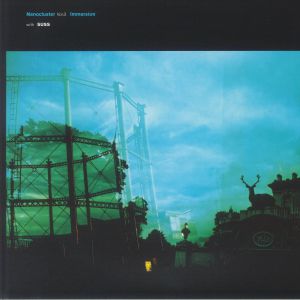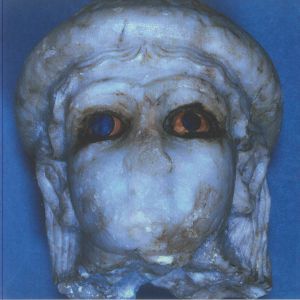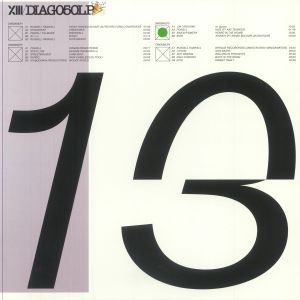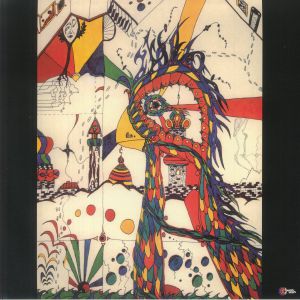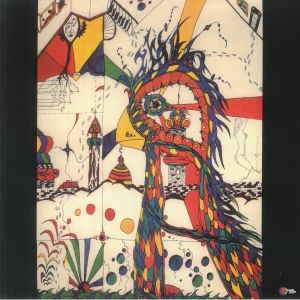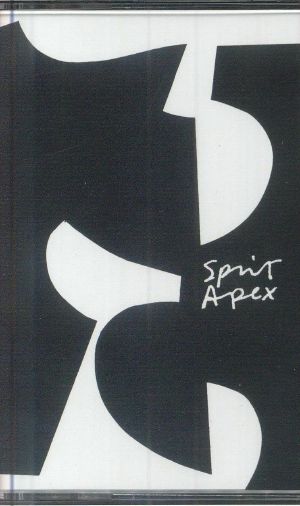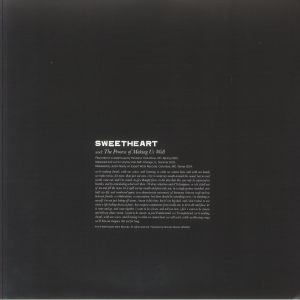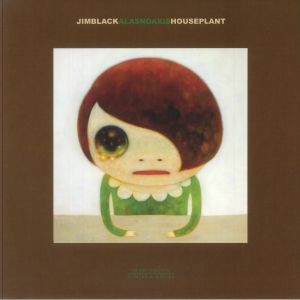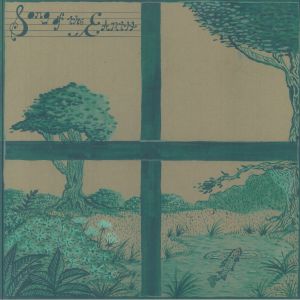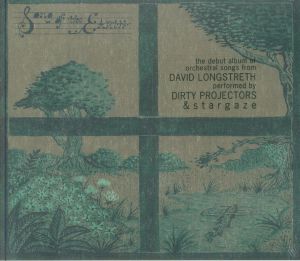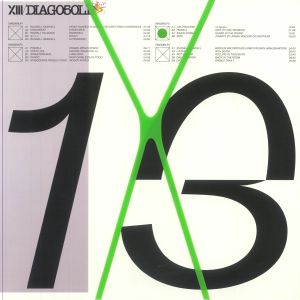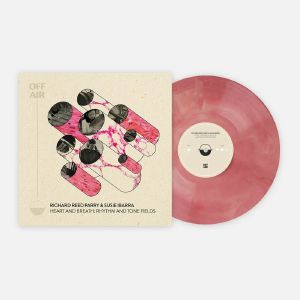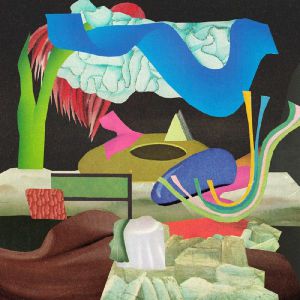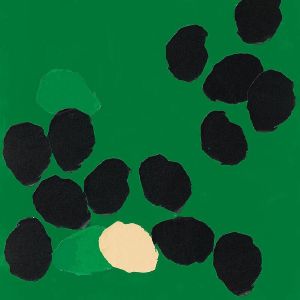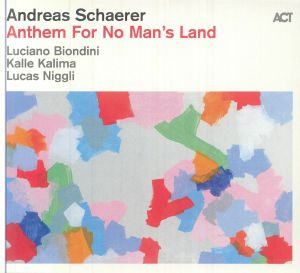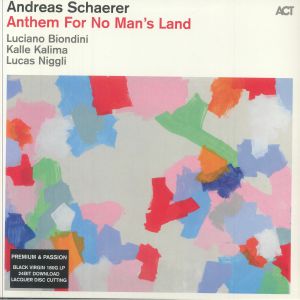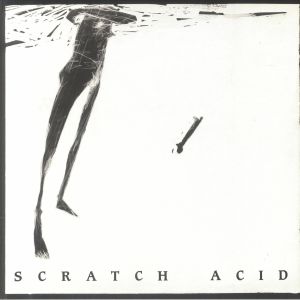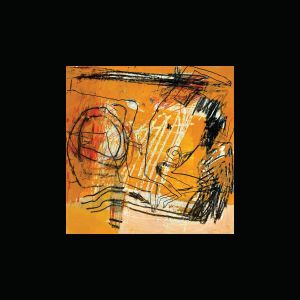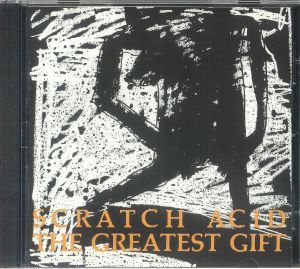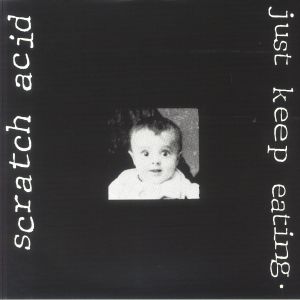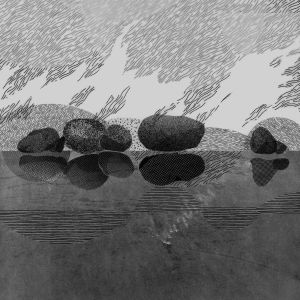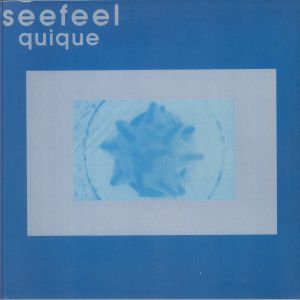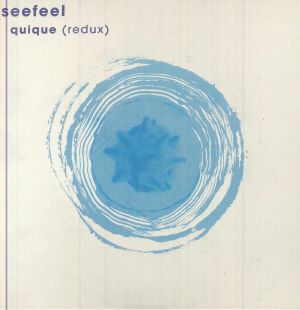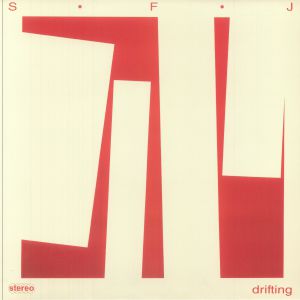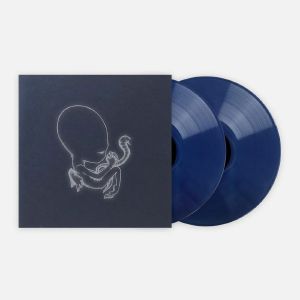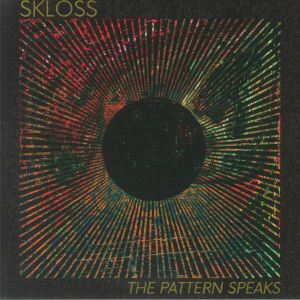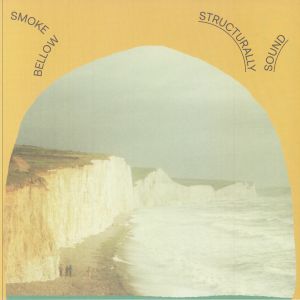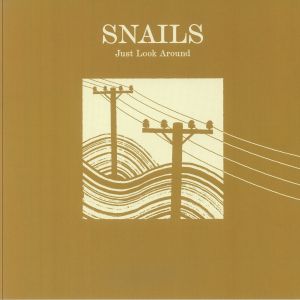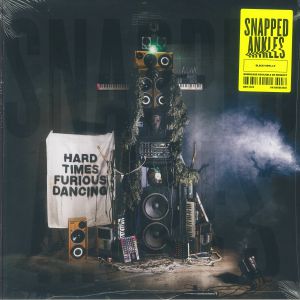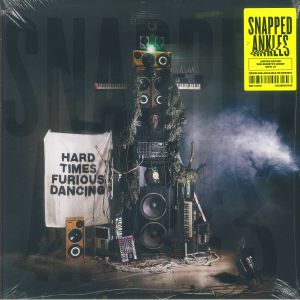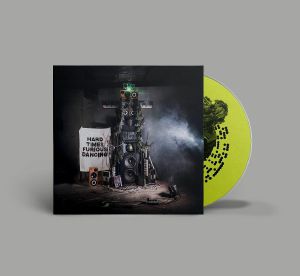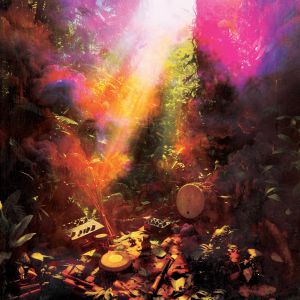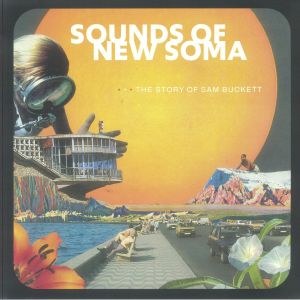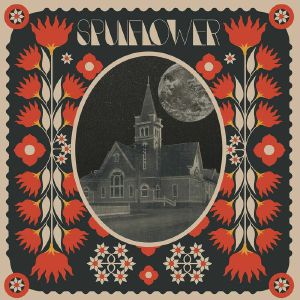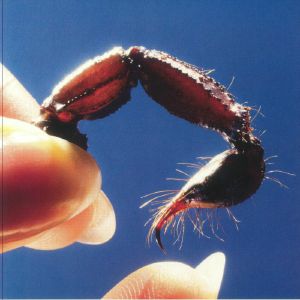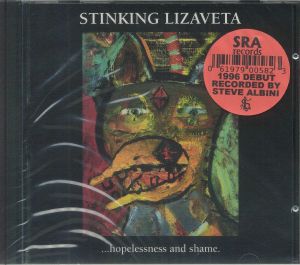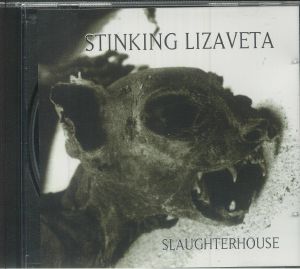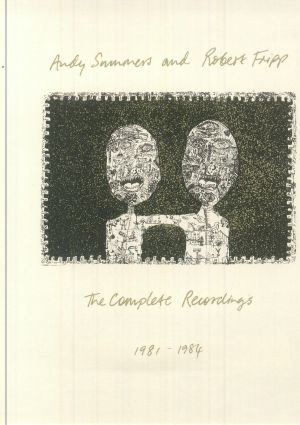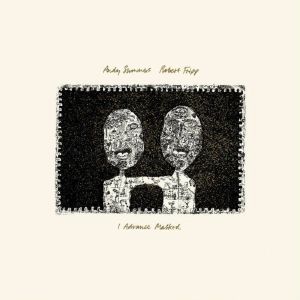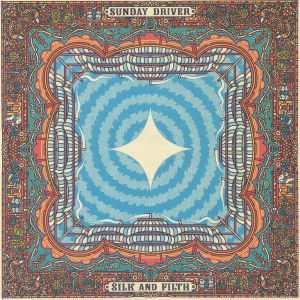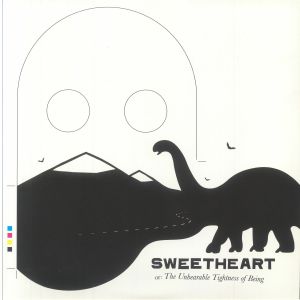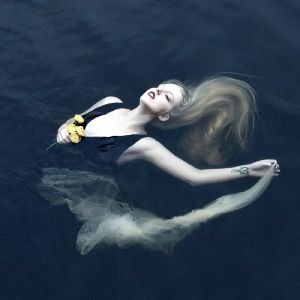Filter
在庫状況
アーティスト
Featured
リリースタイトル
値段
タグ
Back catalogue: Post Rock/Experimental
Juno's full catalogue of Post Rock/Experimental
シングル
Review: So what happens when a European post-punk outfit meets an American 'ambient country ensemble'? The answer: A Nanocluster. In fact, three. This being the third. Immersion first met SUSS in September 2021, and the results were mesmerising. Three years on and the impact was no less staggering. Originally landing in September 2024, part tres takes us into the kind of musical places we're used to finding Spiritualized or Mogwai, and even then the references are misleading. For as many times as Nanocluster Vol. 3 sucks us into a thick soup of ambient and atmosphere, inviting us to get lost in opiate cloud formations, it also asks us to jump on board a stream train of rolling and driving rhythms, juggernauts gathering depth and complexity as they forge ahead. A stunning collection of highly evocative and incredible musical instrumentals.
… Read more in stock $25.96
Played by: Alexis Le-Tan
in stock $25.70
in stock $26.80
in stock $36.45
in stock $36.18
in stock $13.25
The Process Of Making Us Well (1-sided 180 gram vinyl 12" limited to 300 copies)
Cat: EW 18. Rel: 13 Mar 25
in stock $18.23
アルバム
Houseplant (reissue) (LP)
Cat: 917154 1. Rel: 04 Mar 25
Review: Jim Black's Houseplant sees the progressive-jazz drummer continue to refine his signature style, a fusion of jazz and rock that's as quirky as it is inventive. While not a radical shift from his previous works, this 2009 release showcases Black's distinctive approach to drumming, blending complex rhythms with sly, punchy backbeats that keep the session lively. Backed by his longtime band Alas No Axis, Black delivers a sprightly set with guitarist Hilmar Jensson, whose polytonal riffs add texture, and saxophonist Chris Speed, who brings a smoother edge to the more intense moments. Tracks like 'Malomice' highlight the band's ability to shift seamlessly between acid-rock and jazz, with Speed's saxophone weaving off-kilter melodies over Black's precise, crashing grooves. The mood softens on introspective cuts like 'Elight,' where the musicians ease into more delicate, atmospheric territory. Bassist Skuli Sverrisson provides the glue, his limber playing driving the energy throughout. Houseplant is a masterclass in balancing catchy riffs with jazz improvisation, offering an intense but melodic exploration of jazz-rock fusion.
… Read more in stock $25.96
Song Of The Earth (2xLP + insert + postcard)
Cat: TRANS 780X. Rel: 03 Apr 25
in stock $30.39
Song Of The Earth (CD)
Cat: TRANS 780CD. Rel: 04 Apr 25
in stock $11.60
in stock $27.07
Heart & Breath: Rhythm & Tone Fields (hand-numbered cream & red galaxy vinyl LP with obi-strip limited to 300 copies)
Cat: VMP 2356LP. Rel: 27 Mar 25
in stock $33.98
in stock $16.30
Songs Of Beginning & Belonging (LP limited to 200 copies)
Cat: DAUW 72LP. Rel: 26 Feb 25
Played by: Zakè
in stock $30.39
in stock $14.64
Anthem For No Man's Land (180 gram vinyl LP)
Cat: ACTLP 80061. Rel: 27 Feb 25
in stock $19.61
Scratch Acid/Berserker (remastered) (limited gatefold 180 gram white vinyl LP)
Cat: TG 379LPC1. Rel: 13 Mar 25
in stock $38.40
Scratch Acid Box Set (limited numbered 180 gram clear vinyl 3xLP + clear vinyl 7" + booklet in slip-case)
Cat: TG 385LP. Rel: 13 Mar 25
Review: The complete studio recordings from Austin, Texas noise rockers Scratch Acid - all remastered from the original tapes. Formed in 1982, they received minimal attention outside their hometown scene and their time as a band was short-lived as they split in 1987. Nevertheless, the band members have punk rock CV's for the ages (frontman David Yow formed The Jesus Lizard with bassist David Sims) and they leave in their wake a treasure-trove of frenzied, darkly-atmospheric tunes. The recordings, which you leave you dumbfounded how they didn't become more popular, are the perfect companion to messy nights in. Instead of looking like a hipster-by-numbers and putting Nick Cave's The Birthday Party on - put a track from this collection on instead; say 'Owner's Lament'. It's way cooler.
… Read more in stock $129.83
in stock $14.92
Just Keep Eating (remastered) (limited 180 gram white vinyl LP)
Cat: TG 383LPC1. Rel: 13 Mar 25
in stock $29.28
Review: Deep Valley is a new collaborative work by Australian artists Seaworthy aka Cameron Webb and Matt Rosner and they came together for it during a week-long residency at Bundanon Art Museum in New South Wales. The property which was gifted to the Australian public by artists Arthur and Yvonne Boyd in the 1990s offers a unique landscape along the Shoalhaven River and is surrounded by sandstone cliffs and diverse wildlife. Drawing inspiration from Boyd's belief that "you can't own a landscape," Deep Valley combines the inspiration of that setting with environmental recordings, guitars, piano, and electronic processing all of which aim to highlight the transient nature of ecosystems and encourage you to reconnect with the sounds of nature.
… Read more in stock $14.36
Review: Bridging the gap between guitar-driven rock and ambient techno - they would later become the first artist to bring guitars to Warp Records - Seefeel skillfully blended electronic loops with post-psychedelic basslines, mermaid-like vocals from Sarah Peacock and intelligent percussion. Their debut album for Too Pure in 1993 was both ahead of its time and timeless, offering a quiet revolution of repetition and downtempo somnolent soundscape, a record that remains beautifully undated. Tracks like 'Imperial'. 'Industrious' and 'Charlotte's Mouth' demonstrate Seefeel's knack for using guitars as electronic complements, layering hypnotic smears of feedback with Peacock's intimate whispers. The eight-minute opener, 'Climatic Phase No. 3', floats with barely-there percussion and a lazy, dreamy melody, while 'Filter Dub' delivers a sublime, drowsy bass line perfect for slipping into sleep. The album's structure leans into drone and quirky ambience, creating an experience more akin to a dream state than a traditional rock record. Quique feels proto-IDM, a precursor to the ambient-motorik noise-pop aesthetic that artists like Tim Hecker and Mouse on Mars would explore. Seefeel's early work remains a blueprint for electronic experimentation, demonstrating that the band's forward-thinking approach helped define a genre that continues to defy easy categorisation. Quique is not just a product of the 90s - it's a sonic vision that still feels fresh and boundary-pushing today.
… Read morePlayed by: Joachim Spieth, Shadow Dancer
in stock $30.39
Review: Beggars Arkive assume starting marks, as they gear up to release a reduxed edition of Seefeel's Quique, a remastered and the first-ever vinyl pressing of the expanded 1993 LP by said model musos of ambient shoegaze. Originally released on Too Pure, Quique was a frissonic fusion of shoegaze, ambient and dubby electronica, which, by their light touch, gave rise to a sensitively otherworldly sound, betraying a mastery in the margins. Mark Clifford's intricate production, paired with Sarah Peacock's steam-on-the-windowpane vocals, produce pulsations and textures like no other, as heard on 'Climactic Phase #3' and 'Industrious'. The Redux Edition expands the original album from nine to 18 tracks, making this the original record's doppler; Seefeel's reflection in the mirror waving back at them through time.
… Read more in stock $13.82
Review: SFJ, formerly Sunglasses For Jaws, introduces 'Drifting', a nine-tracker tracing one duo's evolution from humble beginnings in a friend's shed to a fully realised studio in East London. The London duo blend lounge, experimental and groovy 70s influences with a modern edge. The offbeat 'Computer Spiritus' brings a quaint curiosity about it, while 'Chasing' prefers a fader-happy vignette in funky, action-sequent frequencies. Only the latter half of the record provides any longer extension, 'Bad' being the baddest of them all.
… Read more in stock $28.18
Agaetis Byrjun (reissue) (gatefold 180 gram 'meet me in the bathroom tile' deep blue vinyl 2xLP + booklet + insert with obi-strip)
Cat: VMP 2358LP. Rel: 27 Mar 25
Review: Considered groundbreaking at the moment of its release, Sigur Ros' Agaetis byrjun, originally released in 1999, is a subtle and speechless blend of post-rock, ambient, and ether-electronica. The album propelled the Icelandic band to fame for its lush falsettos from Jonsi - which indulged a Cocteau Twins-esque conlang mixed with Icelandic, known among the band members as "Hopelandic." Tracks like 'Svefn-g-englar' and 'Staralfur' became instant classics, with a wide-berthed, cinematic feel, regaling the sense of standing at the edge of an ultimatum. The 2024 Vinyl Me, Please reissue now comes repackaged, offering it in a deluxe vinyl edition with remastered sound.
… Read more in stock $45.85
The Pattern Speaks (translucent red vinyl LP + insert + MP3 download code)
Cat: FC 257V12. Rel: 06 Mar 25
in stock $32.59
in stock $35.08
in stock $22.09
in stock $22.09
Hard Times Furious Dancing (green vinyl LP in spot-varnished sleeve)
Cat: BAY 134VX. Rel: 25 Mar 25
in stock $24.86
Review: There are many ways to deal with upheaval and crises but sometimes the best approach is to answer harsh realities with an antidote. Speaking on their new album, tree-loving masked electro-punks Snapped Ankles say: "We can still hold the line of beauty, form, and beat. No small accomplishment in a world as challenging as this one... hard times require furious dancing. Each of us is proof." And to their credit the album lives up to the manifesto: 'Raoul' is exactly what you'd want to hear at 3am in Glastonbury festival; whilst 'Pay The Rent' sounds like a homage to big beat, spiced with krautrock. Snapped Ankles clearly have the tools and the talent to send people's minds to space. A noble entry deserving of glory.
… Read more in stock $12.70
Gimme Fever (LP + MP3 download code)
Cat: INVINC 39LP. Rel: 18 Mar 25
Review: Outer-psychic dance orienteers Invisible Inc. return to the fore with a bright, effulgent, new wave and disco infused EP, Sordid Sound System's 'Gimme Fever'. A pungent, eight-track mini-record best played at a motorik tempo, this one wafts full Oort clouds of psychosomatic orga-noise in a refractive stylistic rain-ring, coming full circle on torrential synth cascades like 'Gimme Fever' and 'Inanna'. Opener 'Wired Wyrd' is circuitous and boxy enough, and keeps truer to a surfy song format, recalling early filter-glam James Ferraro. We reach a full, pavilioned exotic head within the plodding pergola that is 'The Ocean', up which rare vines climb a trellis made of tuned steel pans and reso-sploited marimba.
… Read more in stock $20.45
The Story Of Sam Buckett (orange red & black vinyl LP limited to 300 copies)
Cat: CG 168135LP. Rel: 28 Feb 25
in stock $42.53
Revival Of A Friend (gatefold 'insomina' red splattered vinyl LP)
Cat: LPEIS 129C2. Rel: 04 Apr 25
in stock $29.28
Spunflower (red & black galaxy vinyl LP + insert)
Cat: FDTB 7831. Rel: 24 Mar 25
in stock $36.74
Cowards (B-STOCK) (clear vinyl LP (indie exclusive))
Cat: WARPLP 368I (B-STOCK). Rel: 01 Jan 90
B-STOCK: Sleeve damaged but otherwise in excellent condition
Review: ***B-STOCK: Sleeve damaged but otherwise in excellent condition***
It's been a boom period for British post-punk, but with more than five years passing since the craze hit its peak, it's become easier to separate the wheat from the chaff and recognise those who are here to stay and those who had very little to sustain any interest. Squid are here to stay, having blossomed from their shouty beginning into one of the most compelling British bands of the past ten years, with genre-defying qualities and boundless creative spirit. This new album is about evil, nine stories whose protagonists reckon with cults, charisma and apathy. Real and imagined characters wading into the dark ocean between right and wrong. Recorded at Church Studios in Crouch End with Marta Salogni and Grace Banks and Dan Carey on additional production, it's a real gem with a real chance of being up for nomination at the next Mercury Prize ceremony.
… Read moreIt's been a boom period for British post-punk, but with more than five years passing since the craze hit its peak, it's become easier to separate the wheat from the chaff and recognise those who are here to stay and those who had very little to sustain any interest. Squid are here to stay, having blossomed from their shouty beginning into one of the most compelling British bands of the past ten years, with genre-defying qualities and boundless creative spirit. This new album is about evil, nine stories whose protagonists reckon with cults, charisma and apathy. Real and imagined characters wading into the dark ocean between right and wrong. Recorded at Church Studios in Crouch End with Marta Salogni and Grace Banks and Dan Carey on additional production, it's a real gem with a real chance of being up for nomination at the next Mercury Prize ceremony.
in stock $26.50
Hopelessness & Shame (remastered) (yellow vinyl LP)
Cat: SSRA 58A1. Rel: 26 Mar 25
in stock $23.76
in stock $13.82
in stock $12.98
The Complete Recordings 1981-1984 (3xCD + Blu-ray in hard-back booksleeve)
Cat: DGMXP 110. Rel: 03 Apr 25
Advance Masked/Bewitched/Mother Hold The Candle Steady/Can We Record Tony? (Blu-ray)
in stock $37.02
in stock $22.09
in stock $22.09
in stock $32.59
Silent Chamber Noisy Heart (10th Anniversary Edition) (gatefold 180 gram translucent blue vinyl 2xLP + MP3 download code)
Cat: EISEN 252LPTB. Rel: 20 Feb 25
in stock $47.24

 USD
USD





